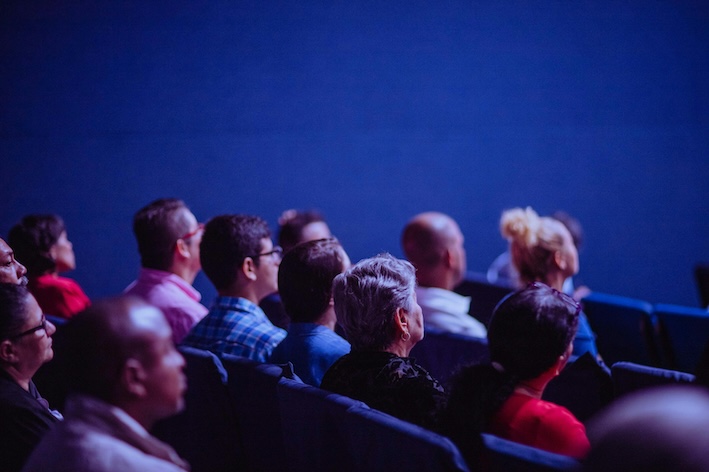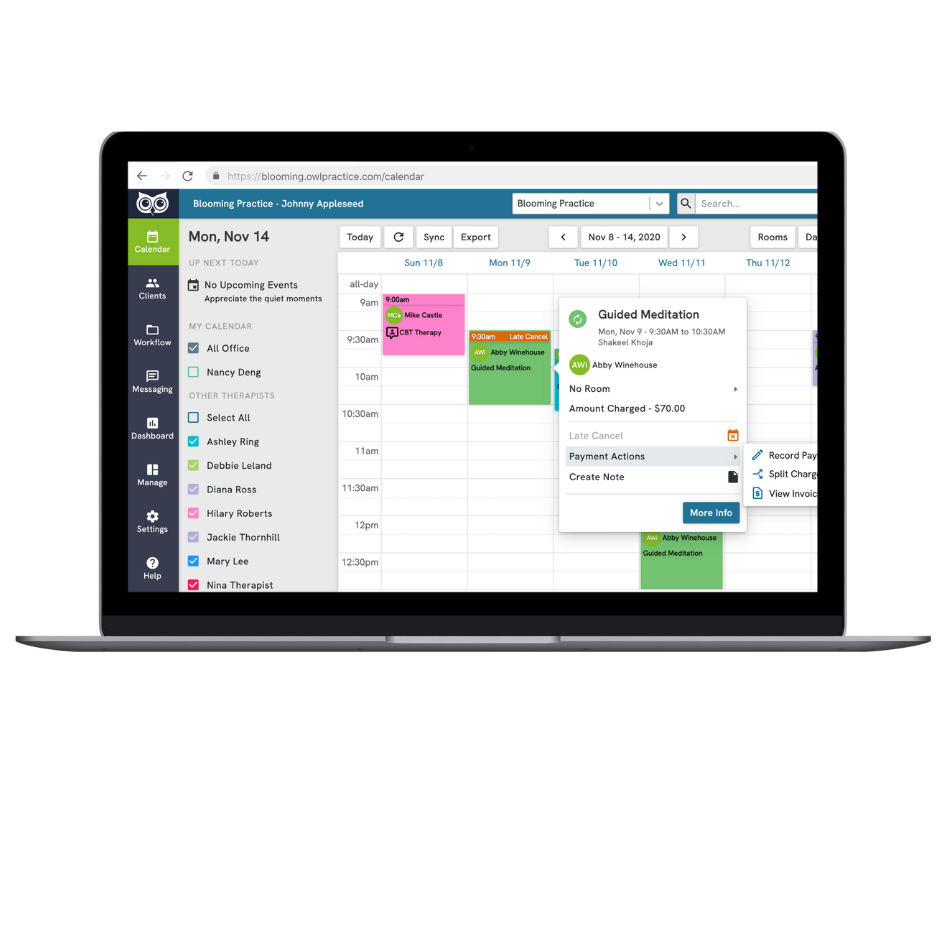Elizabeth Smart’s Story & Journey
Trigger Warning: Sexual Assault and abuse
Elizabeth Smart kicks off the first day of the CAMFT 2024 Conference as the Keynote speaker. Elizabeth’s story is one that many know and have used as a cautionary tale within their own homes, and as Elizabeth shared herself, no one thought that what happened to her would have happened in her town, in her neighborhood.
Elizabeth and Educational and Outreach Manager of the CAMFT, Dr. Christine Kederian, LMFT discuss Elizabeth’s journey to healing and how she began to reacclimate to life after being rescued.
When it comes to healing, Elizabeth credits much of her ability to navigate that journey to her parents. No parent knows what to do when something as horrifying as being kidnapped happens to their child. But Elizabeth says her parents let her lead much of her transition. They were patient, asked what she needed, didn’t force her to talk or relive any of her experience. She wasn’t forced to participate in any of the numerous treatment programs or facilities that offered their support upon her rescue.
Elizabeth also touches on the fear that she recognized in her parents upon her return. They didn’t want her out of their sight, and it was hard for them to allow Elizabeth to participate in normal teenager activities. Any parent can probably relate to feeling protective of their child, but a parent whose child has been kidnapped? A whole new level of fear. She and her parents came to compromises where they felt comfortable with Elizabeth engaging in activities with a trusted adult, and where Elizabeth didn’t feel like she was being babysat. But above all else Elizabeth says, “the most important thing you can do is believe survivors”. She says that with her family, never having to convince her loved ones of her experience was a key to healing.
During the Q&A portion of the Keynote session, MFTs were able to directly ask Elizabeth questions. One therapist asked Elizabeth her thoughts on education and prevention of sexual assault and abuse. Much of Elizabeth’s upbringing was conservative, and much of what she experienced with her captors brought up extreme feelings of guilt, shame and self-disgust — because she had never been educated about consent or sexual assault. All she knew was that her experiences made her heart feel dirty.
Elizabeth is actively working on initiatives to bring age-appropriate consent programs to public schools in the US and her foundation, the Elizabeth Smart Foundation aims to bring hope and an end to the victimization and exploitation of sexual assault through education, healing and advocacy.
She explains that everyone is taught in school what to do when you’re on fire: stop, drop and roll. But no one knows what you’re supposed to do when you experience assault. And for children, it is far more likely that they will experience assault in their lifetime than experience being caught on fire. It’s critical to address the most pressing issue of consent, no matter your education.
Elizabeth Smart’s keynote speech and Q& A were incredibly insightful. Marriage and family therapists in attendance were able to listen to a survivor and advocate, and take home the key lessons about how survivors can heal from trauma.
How to Support Survivors in Healing
- Believe survivors. How you choose to react in the moment a survivor shares their story with you is crucial.
- Create safe space for them. Showing them that you are there for them is important.
- Take their lead. Pressuring a survivor for details or to relive their experience is traumatic. Not everyone’s healing journey is the same, and some people take more time to reacclimate.
Thank you to the CAMFT for inviting Owl Practice to sit in on Elizabeth Smart’s keynote address!








